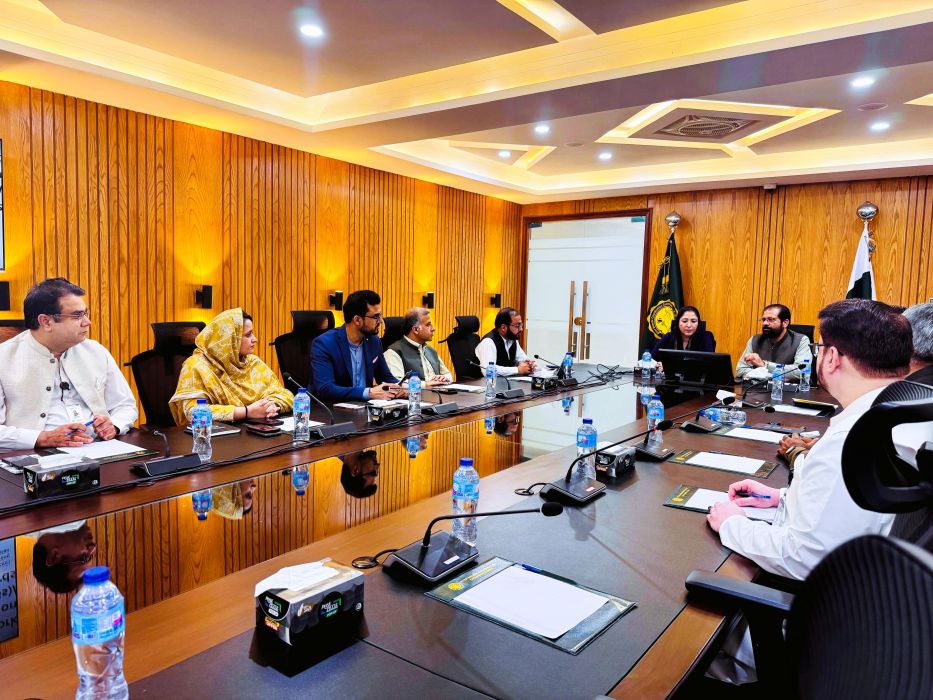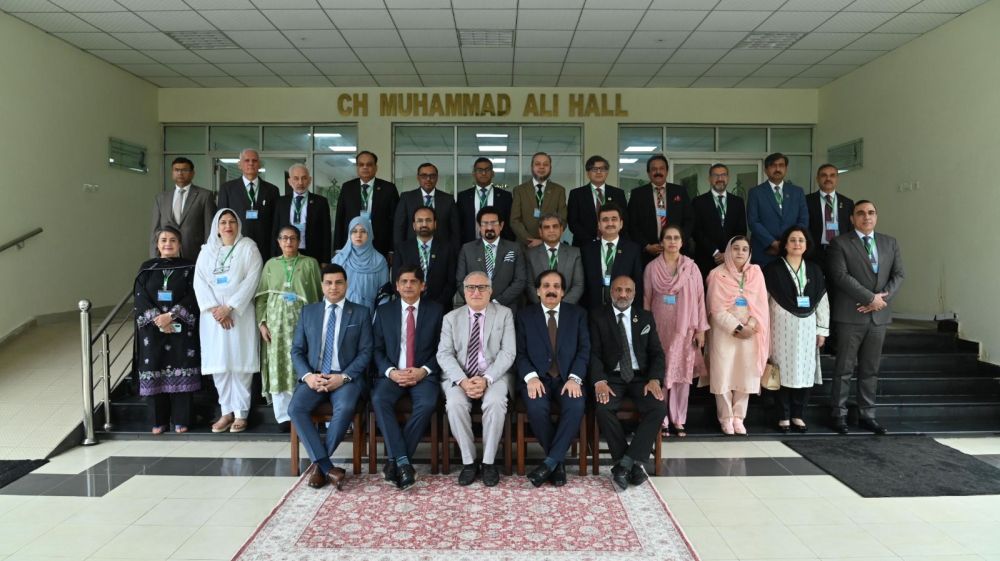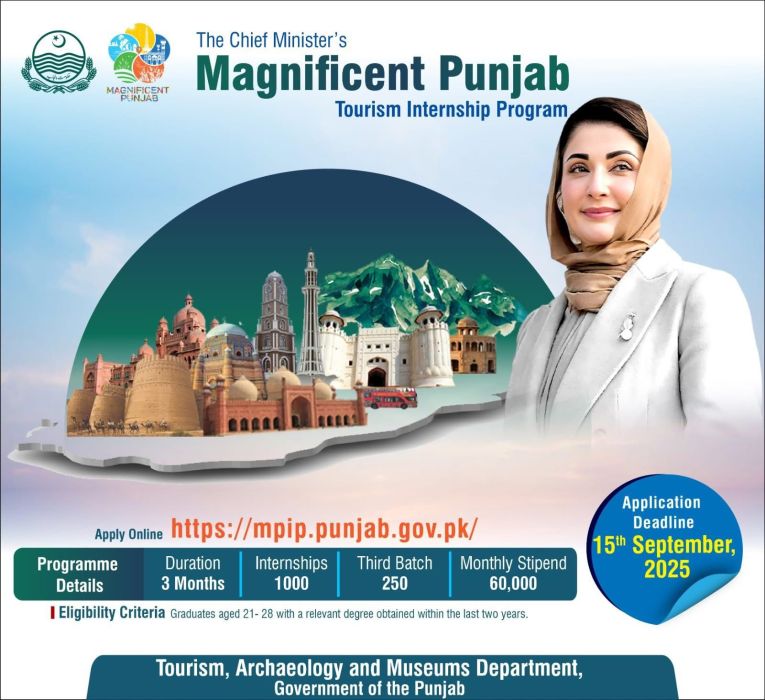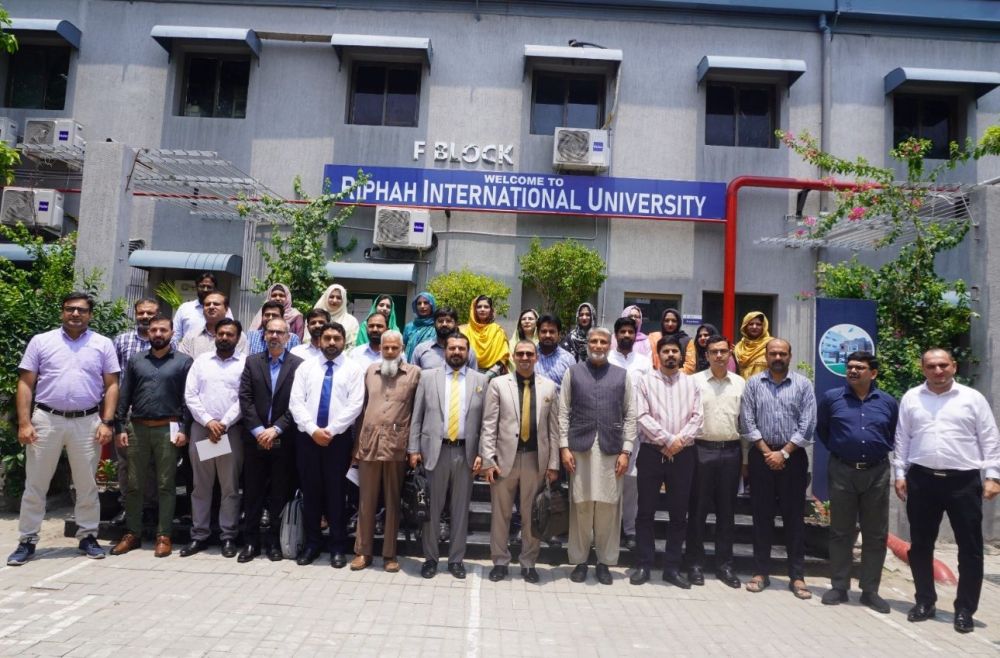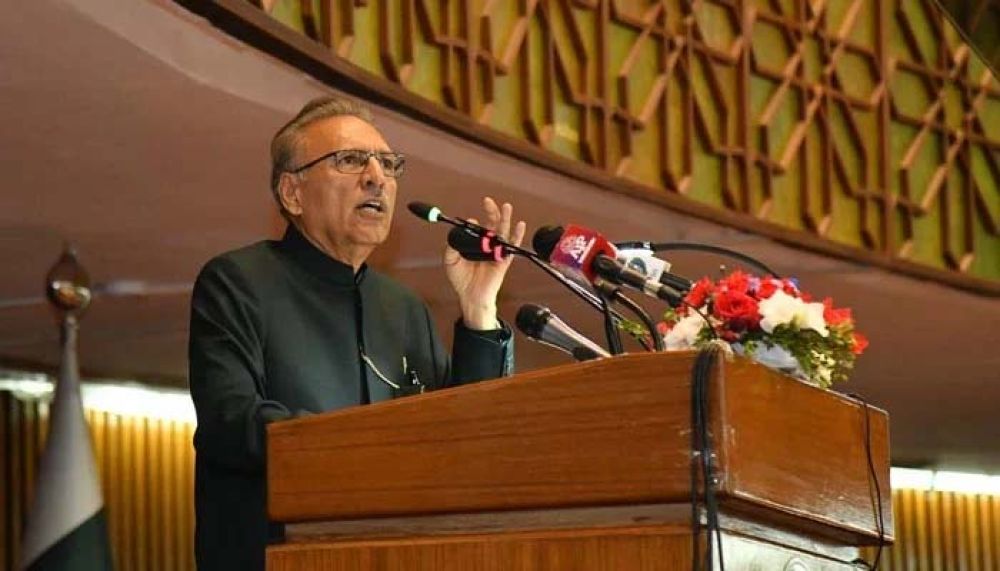08/25 The Role of Media in Achieving Educational Justice for Girls
Posted 1 year ago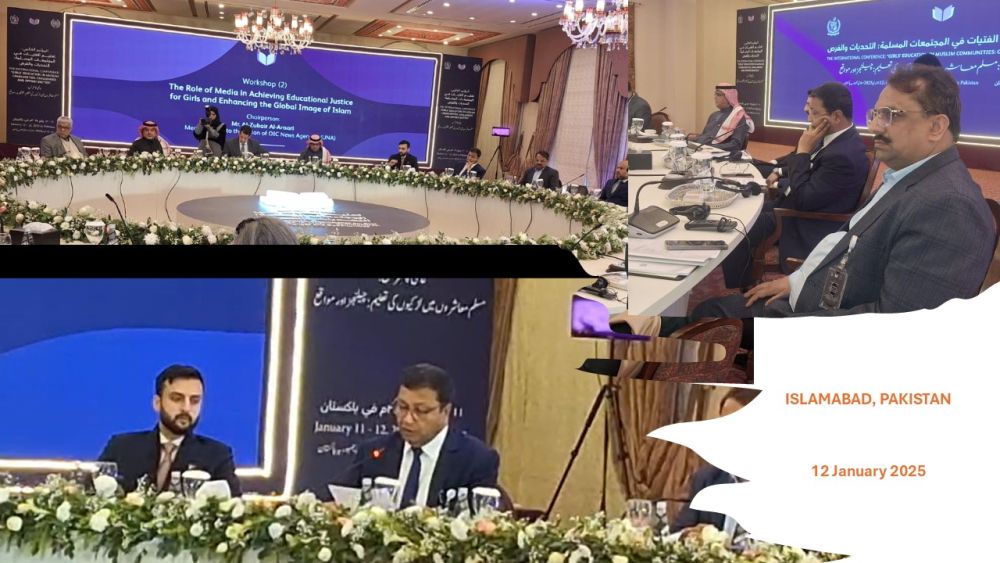
Today, at the International Conference on Girls' Education in Muslim Communities: Challenges and Opportunities, organized by the Muslim World League in collaboration with the Prime Minister's Office of Pakistan, Prof Dr. Muhammad Iqbal Choudhary, Coordinator General COMSTECH and Mr. Murtaza Noor participated in dialogues on the potential of: "Media's Role in Promoting Scholarships and Educational Opportunities and Ensuring Fair Competition for Access."
According to Prof. Iqbal Choudhary, the challenges facing girls' education are profound, but so are the opportunities, mainly when the media takes up its immense responsibility as a catalyst for change.
Media as a Catalyst for Educational Opportunities
Media, with its unparalleled reach and influence, holds the power to bridge gaps between opportunities and those who most need them. It can empower marginalized communities by amplifying awareness about scholarships, grants, and educational programs. Yet, this is not merely about dissemination but about fostering fairness. Media must become a watchdog that ensures transparency in scholarship processes, advocating meritocracy and equitable access to education.
Equally critical is the media's ability to inspire. Highlighting the success stories of students, especially young girls who overcome significant barriers, serves not only to celebrate individual achievements but also to challenge entrenched societal norms. These stories become powerful ripples in a pond, inspiring communities to value and support girls' education.
Advancing Girls' Education
For far too long, cultural and structural barriers have hindered girls' access to education in Muslim communities. However, the media can—and must—play a transformative role in dismantling these obstacles. Media campaigns can highlight the socio-economic benefits of educating girls by advocating for policy reforms and mobilizing community engagement. Local, sustainable initiatives prioritizing education can gain traction when backed by effective media advocacy, giving hope for a brighter future for girls' education.
Enhancing Islam's Global Image
In an age where misinformation about Islam proliferates, responsible media has a critical role in reclaiming narratives. Islam's foundational values, knowledge, equity, and justice should guide media portrayals. By showcasing the rich contributions of Muslim scholars and nations to global education, media can foster greater understanding and counter stereotypes that often cloud perceptions.
A Collective Call to Action
Other speakers at the conference emphasized the need for ethical reporting, collaborative efforts, and balanced narratives to advance the cause of educational justice. This is not a task for the media alone. Policymakers, educators, community leaders, and media practitioners must work hand in hand to champion education for all, particularly for girls. Together, we can present Islam as a religion that reveres knowledge and stands for peace and equity, uniting us in a common goal.
The Future Lies in Responsible Media
During debate, it was unanimously agreed that, media is not just a messenger; it is an enabler of dreams, a facilitator of change, and a bridge to opportunity. Used responsibly, it can lead us toward a future defined by equality, justice, and enlightenment.
Let us rise to the challenge of creating a media landscape that inspires action, fosters collaboration, and champions the universal right to education. When we invest in girls' education, we invest in a future of boundless potential for individuals, communities, and the world, Prof Iqbal concluded.

